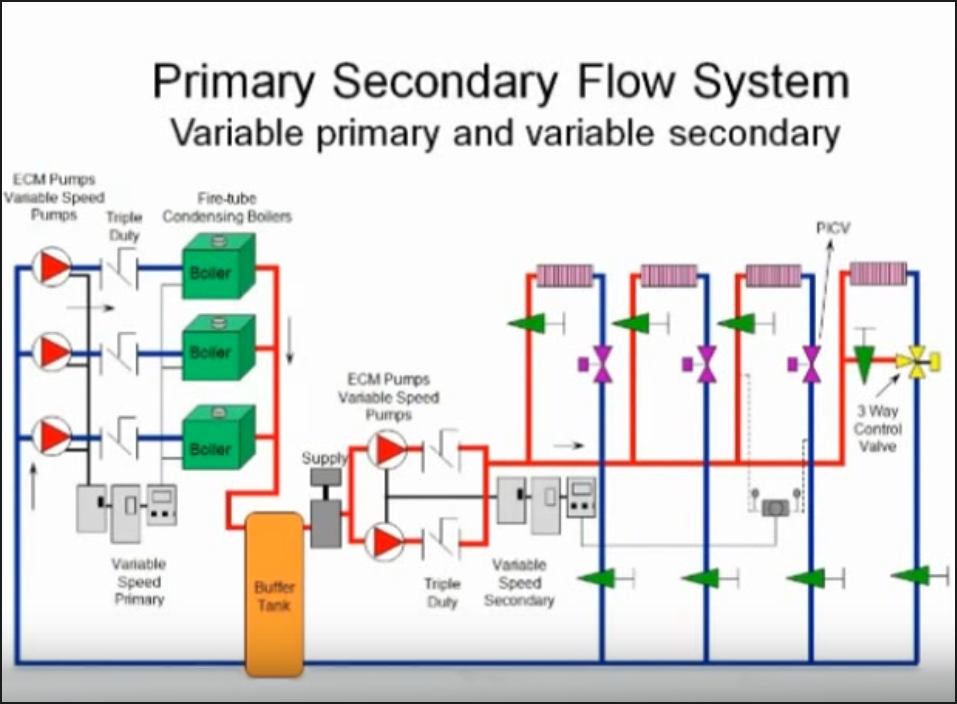Efficiencies of Ground Source Heat Pumps (GSHP) Hard To Beat!
/Description: Coefficient of performance (COP) of geothermal heat pumps (GSHP) reflects geothermal advantages especially as fossil fuel costs rise and renewable energies are considered.
By Chad Edmondson
Is Geothermal REALLY one of the most energy efficient space conditioning systems?
“Absolutely,” said Chris Edmondson, CEO of JMP and ASHRAE Distinguished Lecturer. Chris frequently lectures to engineers on topics relating to energy savings, including renewable energies like geothermal heat pumps.
“If geothermal wasn’t saving people money, we wouldn’t be seeing the enormous growth in the market. Geothermal is big, and it is only going to get bigger as the price of fossil fuel continues to rise.”
That’s part of the appeal of geothermal heat pumps; they don’t rely on combustible fuels, so their operating costs remain fairly stable despite the unpredictability of fossil fuel costs.
Coefficient of Performance (COP) of GSHPs
Geothermal heat pumps, often referred to as “ground source heat pumps” (GHSP), use the natural heat storage ability of the earth or the earth’s groundwater to heat and cool occupied spaces, and even pre-heat domestic hot water. As a result, geothermal heat pumps cost less to operate than any other heating and cooling system. That includes air-to-air heat pumps.
“Most geothermal heat pump systems have a COP [Coefficient of Performance] of 3.5 to 5.0, which means for every one unit of energy used to power the systems, 3.5 to 5 units are supplied as heat. That’s because they aren’t creating heat, they are just moving it around – putting heat where you need it or taking it away from where you don’t,” added Chris.
That COP equates to about 450% efficiency. At best, a fossil fuel furnace is only 80 to 90 percent efficient.
Ground Temperature Key to Geothermal Efficiency
A geothermal heat pump transfers heat between the refrigerant circuit and the ground instead of between the refrigerant circuit and the air. This makes it more efficient because ground temperature changes very little over the course of a year. A geothermal heat pump compressor also operates at lower pressures because of the milder heat source/heat sink (the ground) which makes it last longer.
“Commercially applied geothermal heat pumps will typically pay for themselves within five years given the current tax incentives for renewable energies that are available,” said Chris. “That’s a super payback by anybody’s standards.”
Over the next several months JMP will be adding more blogs about geothermal heat pumps and their application in commercial and institutional facilities. Stay tuned for more and please let us know if there are specific questions or topics you would like us to address as we explore geothermal technology.



